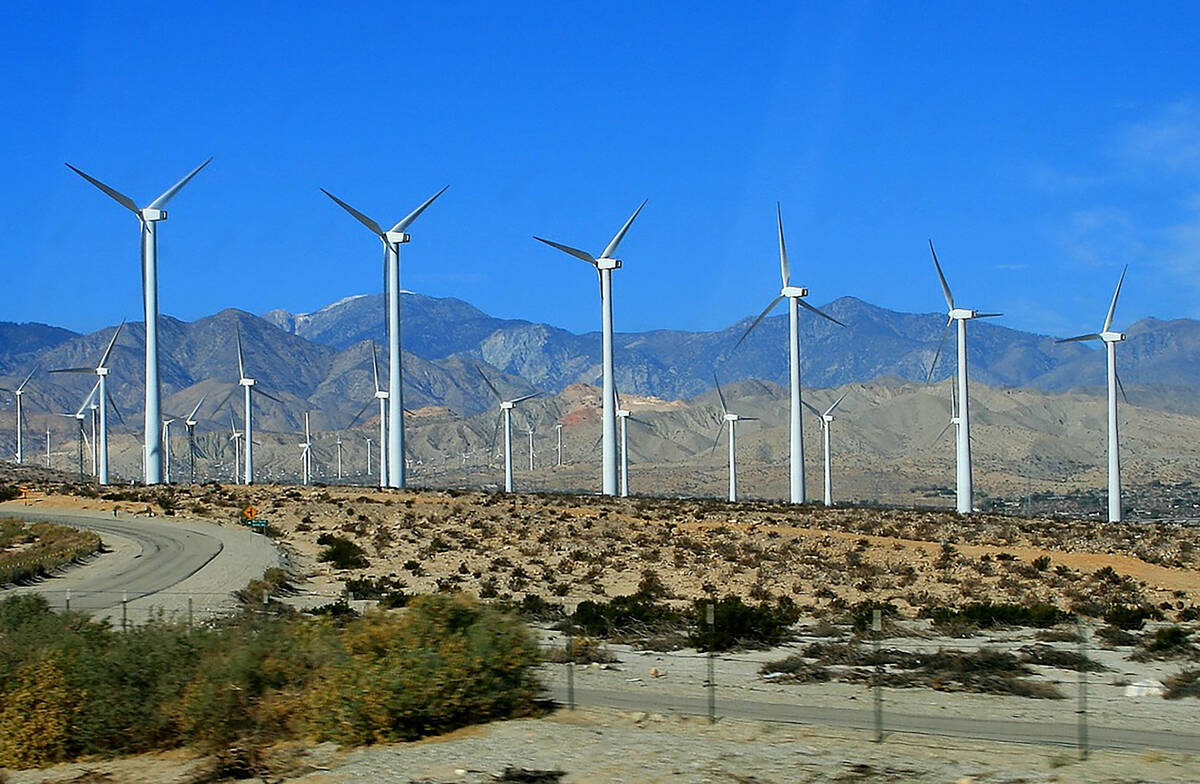EDITORIAL: Study: Most green energy policies have failed
Worldwide, nations have spent billions and even trillions of dollars over recent decades in an effort to reduce carbon emissions. The U.S. Congress, in 2022, passed an $800 billion spending package inappropriately called the Inflation Reduction Act that was largely filled with handouts for green energy interests.
Such spending is expected to soar in future decades as advocates insist that governments forcibly remake their economies to conform with the belief that warming temperatures represent an “existential” threat to mankind and the planet.
And yet like so many public expenditures, scant attention is focused on whether the massive outlays achieve their stated purpose.
Last week, the journal Science published the results of a study that examined 1,500 climate policies imposed in 41 countries dating back 25 years. It found that only 63 — a minuscule 4 percent! — actually drove down carbon emissions. The review, by the Berlin-based Mercator Research Institute on Global Commons and Climate Change, concluded that “subsidies and regulations — policy types often favored by governments — rarely worked to reduce emissions,” The Wall Street Journal reported.
Even some mandates that were deemed successful were only minimally so. In the United States, for example, subsidies for EV buyers combined with stricter mileage standards for passenger vehicles reduced emissions by 8 percent between 2008 and 2010, the study estimated, but the improvements leveled off in subsequent years.
This is a wholesale failure of public policy and a colossal waste of government resources. Yet Democrats seek more of the same. That would be fiscal malfeasance.
Joe Biden’s “green-energy strategy was wrongheaded by every bit of economic advice,” Journal columnist Holman Jenkins wrote Saturday, “with nothing to show now except billions added to the deficit and a budding disaster from forcing Detroit to build EVs the public doesn’t want.”
Indeed, advancements in renewables haven’t replaced fossil fuels, they’ve simply expanded the amount of available energy as the world increases consumption.
The study did find that policies which “combined financial incentives, regulations and taxes” were most likely to be successful, the Journal reported. As Mr. Jenkins points out, the study’s “simple lesson” is, “Taxing carbon reduces emissions. Subsidizing ‘green energy’ doesn’t.”
The study should be front and center in the debate over climate policy. If the goal is truly to reduce carbon emissions, U.S. policy-makers should change course. If the goal is a more command and control economy governed by Beltway and state central planners, they’ll continue to dole out tax money to green special pleaders under the guise of fighting climate change.






















